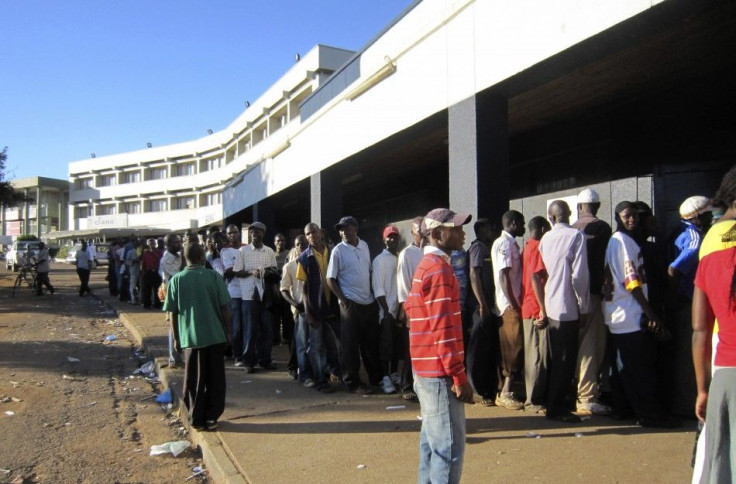Malawi Devalues Currency By One-Third To Re-Start Foreign Aid Flows

The impoverished African nation of Malawi has devalued its currency by one-third against the U.S. dollar in a bid to prop up its ailing economy and to submit to demands by the International Monetary Fund.
The nation’s central bank put the exchange rate at 1 dollar at 250 kwacha, versus a ratio of 166 kwacha on Friday.
Following this devaluation, the kwacha is now fully liberalized, said the Reserve Bank of Malawi in a statement.
At 250 kwacha per dollar the exchange rate is well adjusted, as the black market is certainly under-devalued.”
Agence France Presse reported that in the informal back market, the dollar sold as high as 300 kwacha or higher.
The IMF had warned that Malawi was suffering from a shortage of foreign currency which hindered its ability to import enough fuel into the country. The body also recommend Malawi devalue its currency in order to hike exports and lessen its demand for imports.
Charles Chuka, the governor of Malawi’s central bank, also unveiled as series of other financial reforms: money earned through the sale of the country’s principal export, tobacco can now be transferred to commercial banks; and foreign tourists will now be able to pay bills in major global currencies.
The bank added that its reforms will “contribute to government's efforts to reach early agreement with the IMF which should lead to unlocking donor flows in the next few months.”
Malawi’s late president Bingu wa Mutharika, who died last month, fixed the exchange rate seven years ago and since refused to float the currency, citing it would hurt the country’s poor.
Mutharika’s successor, Joyce Banda, the country’s first female president, moved aggressively to mend relations with foreign lenders and donors, including Britain which suspended aid over concerns with Mutharika's authoritarian regime.
The IMF also suspended its $80 million credit program with Malawi last year.
However, BBC reported that the sudden devaluation has led to some panic-buying by consumers in Malawi, seeking to purchase basic goods.
Many shops in the city of Blantrye have already run out of staples like sugar, cooking oil and bread by late Monday, while other goods like rice, maize flour and orange squash were running short.
Roy Daniels, head of trading for Africa at Rand Merchant Bank in Johannesburg, told Moneyweb: [Malawi’s devaluation] is very welcome and the playing fields have now been leveled. But like any field, it requires watering and to keep the importers from reverting back to buying dollars at the high rates of the offshore market, the central bank will have to allow export dollars to flow to the market along with supplying the market with dollars.
Helen van der Horst, an economist at NKC in Cape Town, commented: The [Malawi] economy will definitely experience some negative effects as a result of the (dollar) revaluation but overall it’s definitely positive. There's no way the country could have continued in the current state.
According to the World Bank, Malawi is one of the poorest countries on earth, with more than half the population living in poverty and the average citizen living only to the age of 53.
© Copyright IBTimes 2025. All rights reserved.





















